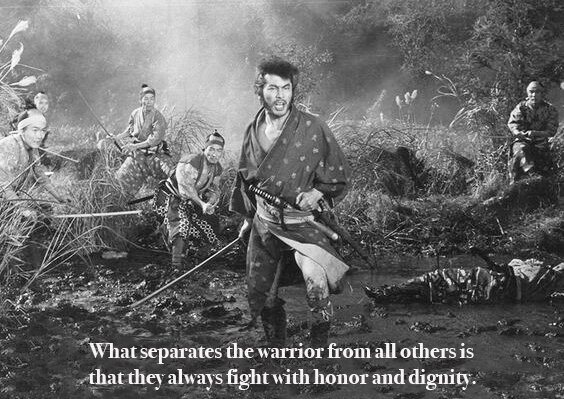“I am not a teacher, but an awakener. “ Robert Frost
One of my favorite scenes from the Karate Kid is when a tired and frustrated Daniel-san confronts Mr. Miyagi after doing all of his chores like washing his cars, sanding his floors and painting his fences but then realizes that he had been learning Karate the whole time. The look of wonderment on Daniel-san’s face as he walks away is priceless. The question becomes, “Why did Mr. Miyagi have to trick Daniel san?” Obviously, we will never know the true reason, but one could surmise that Mr. Miyagi did it so that Daniel-san would have an “aha” moment which would create a sense of wonderment and value towards Karate and also disassociate the pain and tedium of training from training so that now he only sees its benefit. Daniel-san now loves Karate and is inspired to train hard. A teacher’s job is to inspire their students. Anyone can instruct, but only a true teacher can inspire. Inspiration is about timing. Too much inspiration or too early can lead to a false inspiration which can lead to a painful realization later. Too little or too late and a student can become discouraged and quit. Mr. Miyagi had to hope that Daniel-san’s realization would come at the exact right moment before he reached the tipping point and quit. True inspiration can be life changing and last a lifetime. One might argue that passion is better and longer lasting. A teacher can be passionate, but they cannot give someone passion but they can give them inspiration. The theory is that inspiration will encourage our passion which will in turn lead to our perspiration. We will only reach great heights because we are inspired to do so. Teachers are supposed to bring out the best in their students and they do this by inspiring them. Every teacher wishes that they could instill a sense of love for their art in their students which could change the course of their lives because it motivates them to train hard so that they can reach their great heights.
Today’s goal: How can you Mr. Miyagi yourself? What can you do to create inspiration?





















